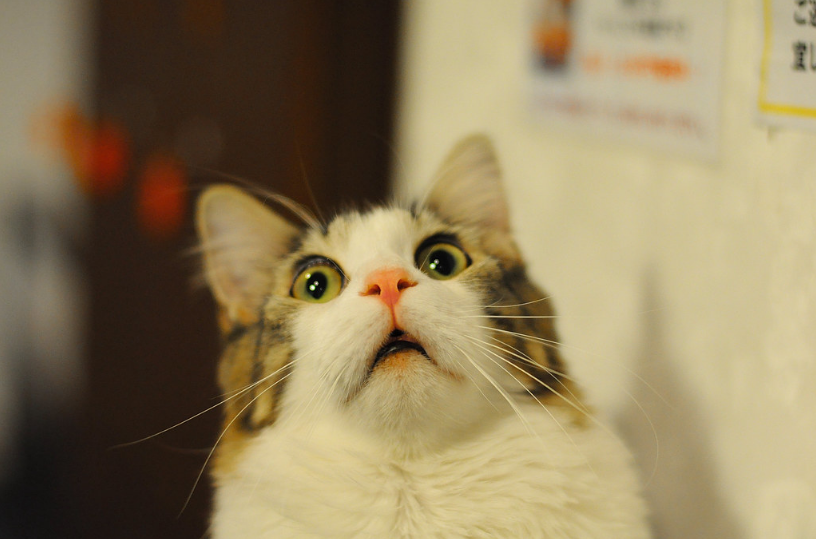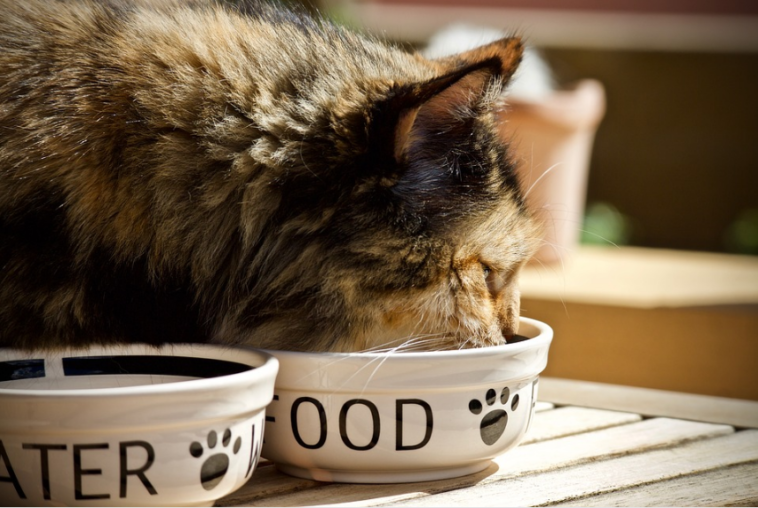The cat is probably the second favorite animal of the French, just after the dog. This small four-legged mammal actually has the advantage of being very independent, and therefore less restrictive than a dog, which requires more care and attention. However, the cat can also be very affectionate, and knows how to bring happiness to many homes. However, adopting a pet also requires being very attentive to its state of health, and this includes what is in its bowl. So, when a cat stops eating, or eats less than usual, what should you do?
Cats, reactive to changes
Animals don’t do anything by chance. So, if your cat suddenly stops eating, or if you notice that he has a less good appetite than usual, there must be a reason. This is not necessarily a health problem. This can actually come from the environment of the cat. Indeed, if he has recently been subject to big changes, such as a move, or even simply a significant modification of the interior decoration, he may then find himself a little upset in his habits. In this case, you simply have to let him acclimatize to this new setting. However, you must carefully check that your cat has good access to his bowl. His decreased appetite may actually be the result of difficulty for him reaching his food.
Your cat may also sulk at its bowl just because the food offered to him does not please him. This often happens if their diet has recently changed. So you may just need to change again in order to find the cat food that can suit him.
Finally, your cat’s meal strike can also come from a health problem. Obviously, and if there is the slightest doubt, it is important to quickly consult a professional, so that they can take all the necessary examinations to be able to treat it as quickly as possible.

The omnipresent stress among felines
It is also important to know that cats are very reactive animals. Indeed, at the slightest change, they can feel completely disoriented, and develop stress which can have more or less visible consequences on a daily basis. This can notably manifest itself in a reduced appetite. To try to reduce this state of tension as much as possible, you must impose yourself daily routines which will aim to reassure him in the long term. This can include games that recur every day, or moments of tenderness that will help him relax a little. During this period, you must also ensure that do not change brands of litter or food. Indeed, the slightest change in smell could completely disturb your four-legged friend, and therefore not really improve his condition.
If you notice that despite all these precautions, your cat still seems very anxious, or even losing a lot of weight, do not hesitate to consult a veterinarian or a feline behavioristespecially if this stress manifests itself by a certain violence on his part.


